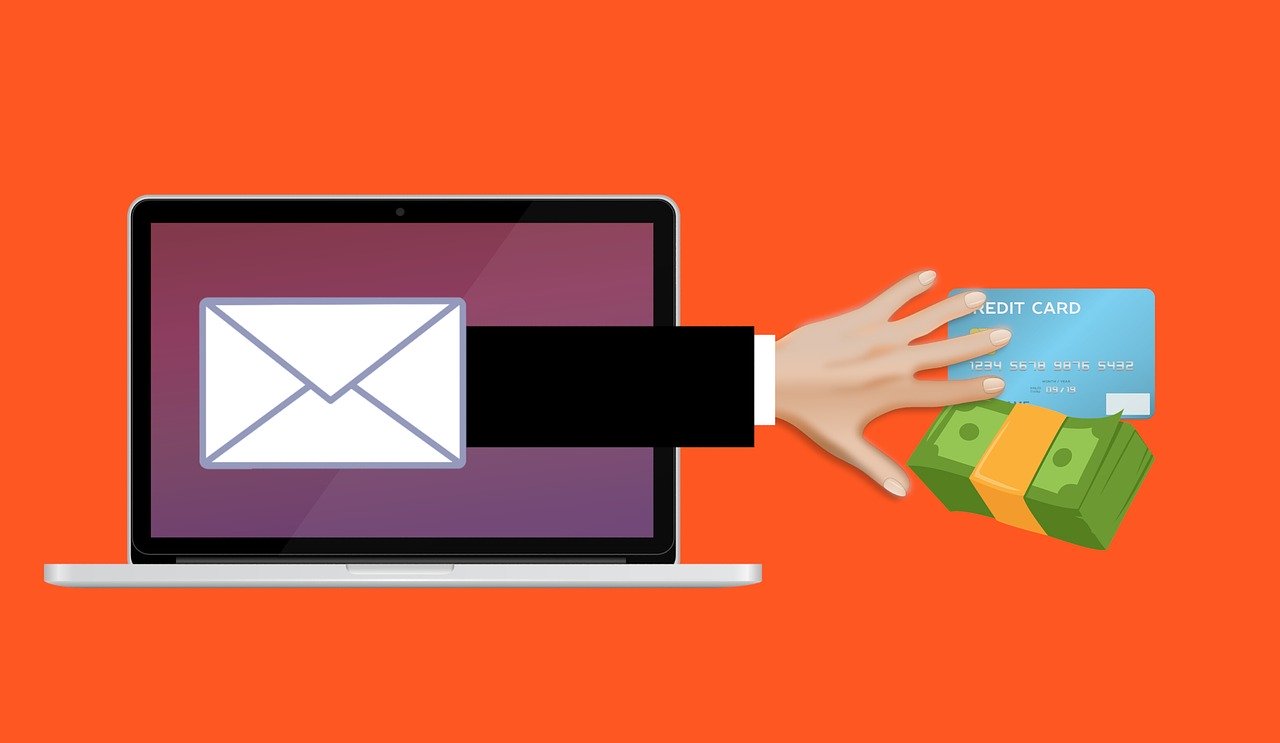Taxpayers and tax practitioners should be especially alert to phishing and other scam activity related to tax extensions and federal stimulus payments.
The deadline for filing New Mexico and federal income taxes has been extended to July 15 in recognition of the financial difficulties many people face because of the COVID-19 pandemic. In addition, the federal government has announced it will be making direct payments to taxpayers as part of its relief efforts.
Criminals target taxpayers as well as tax preparers because of the opportunity that presents to steal information on multiple taxpayers all at once.
Potential targets may receive phone calls or emails with messaging such as “in order to receive your/your client’s stimulus payment via direct deposit, we need you to confirm the banking information,” according to the Federation of Tax Administrators.
According to the Internal Revenue Service, most people will not need to take any action to receive their stimulus payments, as the payments will be distributed automatically. The IRS will not call, text or email people to verify their banking information for stimulus payments.
Taxpayers and preparers should always beware of phishing scams by email and unsolicited phone calls seeking social security numbers or credit card and banking information
Anyone unsure about an inquiry from the New Mexico Taxation and Revenue Department may call 1-866-285-2996 and ask for confirmation on the status of their return. Taxpayers can also use the Taxpayer Access Point system at tax.newmexico.gov to check on the status of their returns and review other information about their accounts.
More information also is available at irs.gov.

